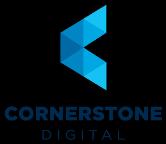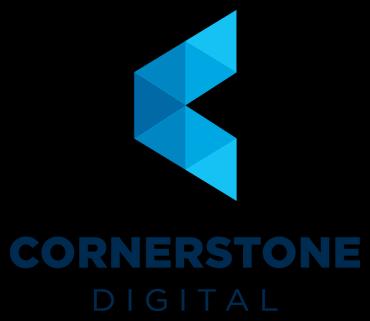

7 Key Considerations to choose E-commerce Development for Your Business

1. Business Goals and Scalability
The first step in selecting an e-commerce development in Calgary is to understand your business goals. Are you aiming for local reach or international expansion? Will you sell physical products, digital goods, or services?
A well-structured e-commerce development approach aligns with your growth trajectory. Choose a platform and design that can scale with your business, handle increasing traffic, and support a growing product catalog without compromising performance. Whether you're starting with 100 or 10,000 SKUs, scalability should never be an afterthought.

2. Platform Flexibility and Customization
Not all ecommerce solutions are created equal. Some are ideal for out-of-the-box selling, while others offer complete customization capabilities.

Your ideal ecommerce developer should help you evaluate platforms like Shopify, WooCommerce, Magento, or BigCommerce based on your specific needs. For businesses looking to offer personalized experiences, integrating third-party tools or developing custom features is essential. Platform flexibility ensures your ecommerce design can evolve with trends and customer expectations.
3. User Experience and Design
When it comes to online shopping, first impressions matter. A visually appealing and user-friendly ecommerce website design increases engagement, builds trust, and improves conversion rates.
Your ecommerce development strategy should prioritize responsive design, fast loading times, intuitive navigation, and mobile optimization. Every click, scroll, and image should serve a purpose. An experienced ecommerce developer will blend aesthetics with functionality, ensuring your store offers a seamless and enjoyable shopping experience across all devices.
4. Integration with Essential Tools
Modern ecommerce solutions are more than just online storefronts they're ecosystems. Whether it's inventory management, CRM, analytics, or marketing automation, seamless integration with third-party tools is vital.
Your ecommerce development solution should be capable of connecting with essential apps and services without causing friction. A well-integrated platform simplifies operations, reduces manual tasks, and provides a unified view of your business performance.
5. Security and Compliance
Security isn't optional it's mandatory. Customers entrust your store with their sensitive information, and a single breach can irreparably damage your reputation.
An effective ecommerce development plan includes SSL certification, data encryption, PCI-DSS compliance, and regular security audits. Work with a trusted ecommerce developer who prioritizes secure coding practices and stays up to date with evolving security standards.
6. SEO and Digital Marketing Compatibility
Visibility drives traffic. No matter how well-built your online store is, it's meaningless if potential customers can't find it.

Choose an ecommerce development partner who understands the fundamentals of SEO and ensures your site is optimized for search engines from the ground up. This includes clean code, structured data, fast loading times, and mobile optimization. Your platform should also support marketing tools like email campaigns, loyalty programs, and social media integration.

7. Ongoing Support and Maintenance
Ecommerce development doesn’t end when the website goes live. Regular updates, bug fixes, performance tuning, and feature enhancements are necessary to stay competitive.
Look for ecommerce solutions that include comprehensive post-launch support. A reliable ecommerce developer will act as a long-term partner, ready to troubleshoot issues and implement upgrades that keep your store ahead of the curve.

Frequently Asked Questions (FAQs)
1. What is an eCommerce development solution?
An eCommerce development solution refers to the complete process of building, designing, and optimizing an online store. It includes platform selection, UI/UX design, back-end development, integration with third-party tools, and ongoing maintenance.
2. How do I know which eCommerce platform is right for me?
The right platform depends on your business size, industry, budget, and customization needs. A knowledgeable ecommerce developer can help you assess options like Shopify, WooCommerce, Magento, or custom-built platforms based on your goals.
3. Why is ecommerce website design so important?
Your ecommerce website development influences user experience, trust, and conversion rates. A clean, responsive, and well-structured design makes it easier for customers to browse and purchase your products.
4. Can I upgrade or change my eCommerce platform later?
Yes, but switching platforms can be complex and costly. That’s why it’s crucial to invest in scalable ecommerce development from the beginning, with the flexibility to grow and adapt as your business evolves.
5. Do ecommerce solutions in Calgary offer support for small businesses?
Yes. Many local providers offer scalable ecommerce solutions in Calgary that are designed specifically for small to mid-sized businesses. These services often include personalized support, faster communication, and better understanding of regional market trends.
Choosing the right ecommerce development solution is not just about launching a website it's about building a long-lasting digital asset that delivers value to both your customers and your business.

Final Thoughts
Choosing the right ecommerce development solution is a strategic decision that affects every part of your business from brand perception and customer engagement to sales performance and operational efficiency.
As you evaluate your options, consider partnering with professionals who offer tailored ecommerce solutions in Calgary and beyond, specializing in both back-end development and front-end ecommerce website design. The right team will transform your vision into a digital storefront that drives measurable results.

